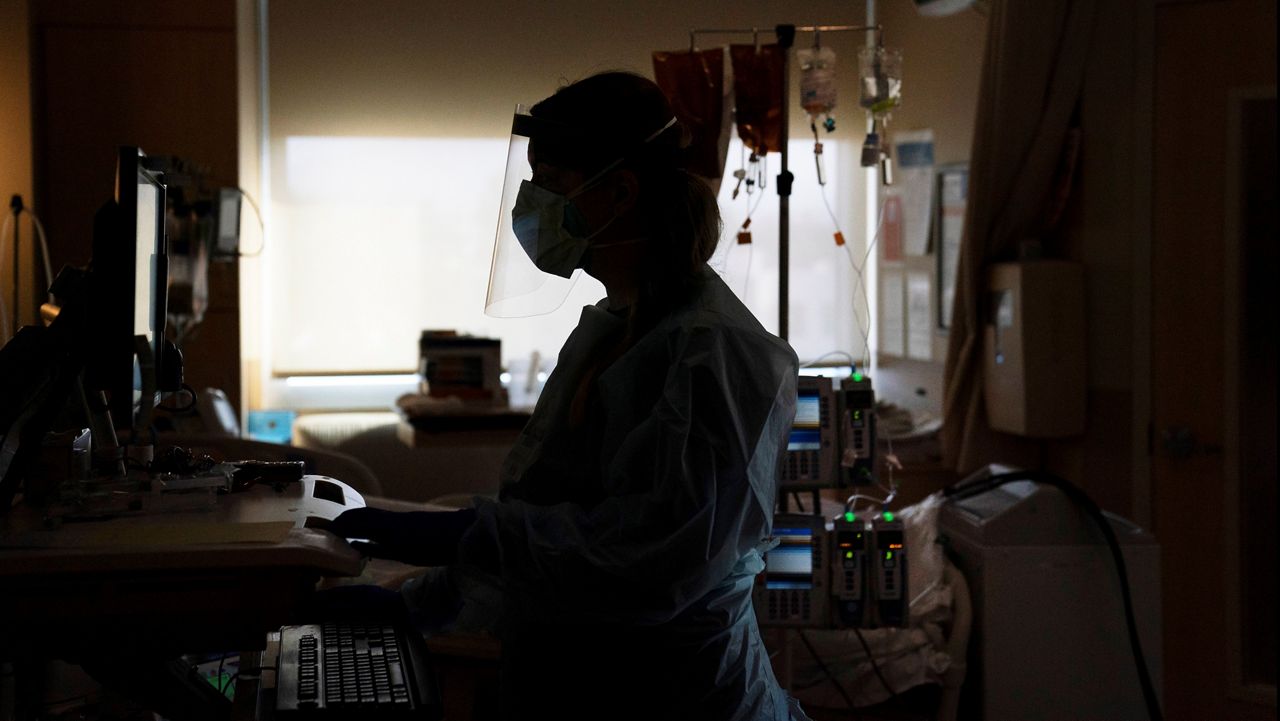CALIFORNIA — When the world was first gripped by COVID-19 in 2020, businesses shut down and many stayed home.
Health care workers and other essential workers could not.
The aftermath has brought clarity to the health establishment and to the extent of the damage the illness has done not just on the nation’s physical health, but its mental health as well.
“We know there are a lot of other jobs like teachers and grocery store workers who are on the frontline,” said Lyn Morris who will become CEO of Didi Hirsch effective June 1.
The nonprofit is developing a 10-week program that can help frontline health care workers recover from the effects of the pandemic, and learn coping tools as pressures and the looming threat of other variants persist.
Numbers from Mental Health America suggest the problem has been rampant. The organization reports that 93% of health care workers experience stress, 86% reported anxiety and 76% reported burnout, among other things.
Morris said, ideally, future instructors for the program will include people who have participated in it. The trial program would comprise eight to 12 participants as they seek additional funding to try to reach more California health care workers.
“I think there has been a tremendous amount of trauma our health care workers have endured during the pandemic,” she said.
Health care workers also worry about exposing loved ones to the illness, with about 39% reporting that they did not feel like they had received enough emotional support.
Morris hopes this course, once scaled, can help protect health care workers and put in place a valuable tool that can be reached for in the future. The plan, thus far, is to operate the course remotely, with many health care workers contacted by the program indicating more comfort with digital gatherings. But future in-person meetings could happen, especially where hospitals have multiple staff members lined up for the same group.
“Health care workers, by nature, take care of other people first. Not themselves. It’s difficult sometimes for them to reach out for themselves when they’re used to taking care of others,” Morris said. “They’re also busy.”
The organization raised about $200,000 recently at an event held at the University of California, Irvine called Celebration of Heroes.
Morris also stressed that while this program focuses on helping health care workers, there are existing tools they can reach for. Didi Hirsch already operates a call center for people suffering from mental health crisis.
Other government agencies have responded to growing fears over the mental health of Americans with more extensive programs. Be Well OC in Orange County is a comprehensive health agency that includes addiction treatment and has prioritized mental health. And the White House has promised to make investments in mental health and wellness, recently hosting a forum that took a special look at the mental health care of the nation’s youth.
Health care workers have suffered too, and Morris believes will be at risk in the future.
“It’s becoming more of an issue of chronic mental health issues instead of the acute issues of 2020,” she said.



